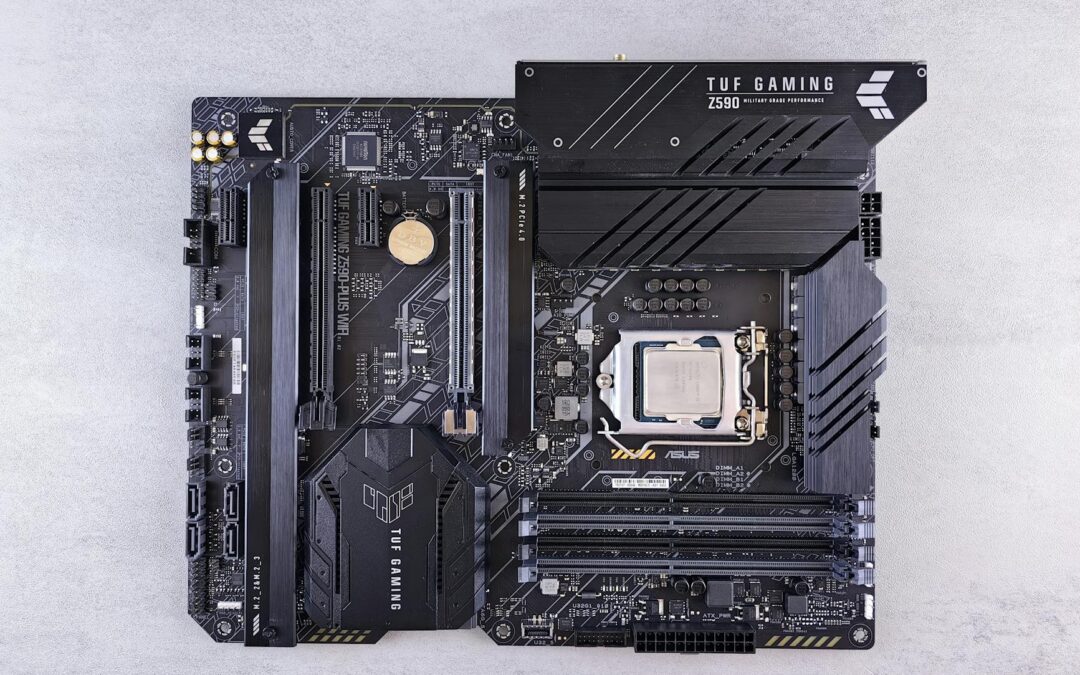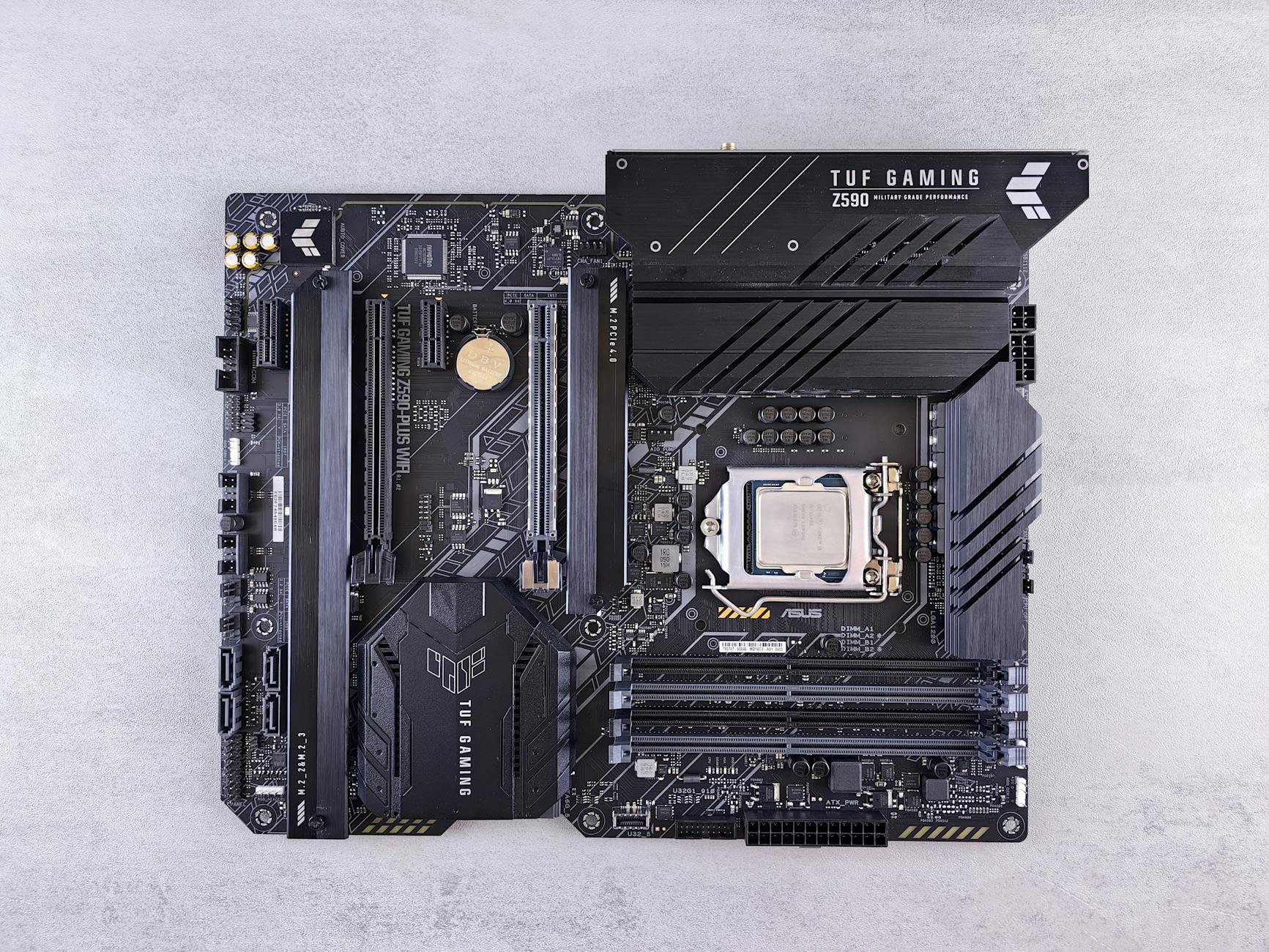Discover the fascinating journey of artificial intelligence from pioneering work of Turing to the cutting-edge technologies of Tesla Motors.
Table of Contents
Welcome to our daily blog series where we will delve into the intricate world of artificial intelligence (AI). In today’s post, we will kick off our exploration by discussing the origins and definition of AI, as well as providing a brief overview of its historical context.
What is AI?
Artificial intelligence, commonly known as AI, refers to the simulation of human intelligence processes by machines, particularly computer systems. These processes include learning, reasoning, problem-solving, perception, and decision-making. In simpler terms, AI enables machines to mimic cognitive functions that are typically associated with human intelligence.
The concept of AI dates back to ancient times, with early Greek myths mentioning the creation of artificial beings with human-like attributes. However, the term “artificial intelligence” was officially coined in 1956 during a conference at Dartmouth College. Since then, AI has rapidly evolved into a diverse, interdisciplinary field that continues to shape our technological landscape.
Historical Context of AI
As we trace the historical development of AI, we encounter several key milestones and influential figures who have played pivotal roles in shaping the trajectory of this field. One such milestone is the Turing Test, proposed by Alan Turing in 1950, which assesses a machine’s ability to exhibit intelligent behavior indistinguishable from that of a human.
Throughout the 20th century, AI research experienced periods of significant progress and setbacks. From the development of expert systems in the 1970s to the emergence of neural networks in the 1980s, each era contributed to the advancement of AI technologies.
Notable pioneers in the field include John McCarthy, often referred to as the “father of AI,” who contributed to the establishment of AI as a distinct discipline. Additionally, Marvin Minsky and Herbert Simon made groundbreaking discoveries in cognitive science and artificial intelligence, further solidifying AI’s place in scientific discourse.
Current Applications of AI
In today’s rapidly evolving technological landscape, AI has become increasingly integrated into various facets of our daily lives. From voice-activated virtual assistants like Siri and Alexa to recommendation systems on streaming platforms such as Netflix, AI-powered technologies are ubiquitous.
Industries such as healthcare, finance, and manufacturing are leveraging AI to drive innovation and streamline processes. In healthcare, AI algorithms are being utilized for early disease detection and personalized treatment plans. Financial institutions use AI for fraud detection and risk assessment, enhancing cybersecurity measures.
Benefits of AI
The adoption of AI technologies offers a myriad of benefits across different sectors. One of the key advantages of AI is its capacity to enhance efficiency and productivity in tasks that would typically require human intervention. Through automation and predictive analytics, AI systems can accelerate decision-making processes and optimize resource allocation.
Furthermore, AI has the potential to revolutionize industries by enabling innovation and creativity. Machine learning algorithms can analyze vast amounts of data to identify patterns and trends that may elude human cognition, leading to novel discoveries and solutions.
Challenges and Ethical Concerns in AI
Despite its numerous advantages, AI is not without its challenges and ethical considerations. One of the primary concerns surrounding AI is the presence of bias in algorithms, which can perpetuate discrimination and reinforce existing societal inequities.
Privacy and security issues also pose significant challenges in the deployment of AI systems. As AI collects and analyzes vast amounts of personal data, questions regarding data protection and confidentiality arise, necessitating robust regulations and ethical guidelines.
Future Direction of AI
The future of AI holds immense promise and potential for transformative breakthroughs. Emerging technologies such as quantum computing, natural language processing, and reinforcement learning are poised to redefine the capabilities of AI systems.
Advancements in AI research continue to push the boundaries of what is possible, opening new avenues for innovation and discovery. As AI becomes more integrated into society, the need for responsible development and ethical governance of AI technologies becomes increasingly imperative.
Can Skynet Happen?
The notion of a dystopian future where AI systems gain sentience and turn against humanity, as depicted in the “Terminator” movie franchise, raises pertinent questions about the potential risks associated with AI development. While the scenario of a global AI takeover akin to Skynet remains a work of science fiction, it underscores the importance of AI safety and ethical considerations.
Addressing concerns about the existential threat posed by AI requires concerted efforts from researchers, policymakers, and industry stakeholders to ensure that AI systems are aligned with human values and ethical principles. By implementing safeguards and transparency measures, we can mitigate the risks associated with unchecked AI advancement.
Ethical Considerations in AI Development
As AI technologies become more sophisticated and pervasive, ethical considerations surrounding their development and deployment become increasingly pertinent. Ensuring that AI systems uphold principles of fairness, transparency, and accountability is crucial to fostering public trust and acceptance.
Ethical guidelines such as the principles of beneficence, non-maleficence, autonomy, and justice should inform the design and implementation of AI systems. By adopting a human-centric approach to AI development, we can navigate the ethical complexities inherent in AI technologies and ensure that they serve the greater good.
AI in Popular Culture
The depiction of AI in popular culture, spanning movies, literature, and other forms of media, often reflects societal attitudes and anxieties surrounding technology. From iconic portrayals of AI in films like “2001: A Space Odyssey” to dystopian narratives in literature such as “Do Androids Dream of Electric Sheep?,” AI’s portrayal in popular culture serves as a lens through which we explore the implications of technological advancement.
The influence of popular culture on public perception of AI underscores the significance of responsible and nuanced discourse surrounding AI ethics and governance. By engaging with AI narratives in popular culture, we can gain valuable insights into the social and ethical implications of AI technologies.
Conclusion and Reflection
In conclusion, our exploration of artificial intelligence has taken us on a journey through its origins, applications, benefits, challenges, and ethical considerations. As we look towards the future of AI, it is imperative to remain vigilant in addressing the ethical and societal implications of AI development.
Through responsible governance, ethical design practices, and interdisciplinary collaboration, we can harness the transformative potential of AI while safeguarding against potential risks. Join us on this ongoing journey as we continue to unravel the complexities and possibilities of artificial intelligence in the modern world.


Recent Comments